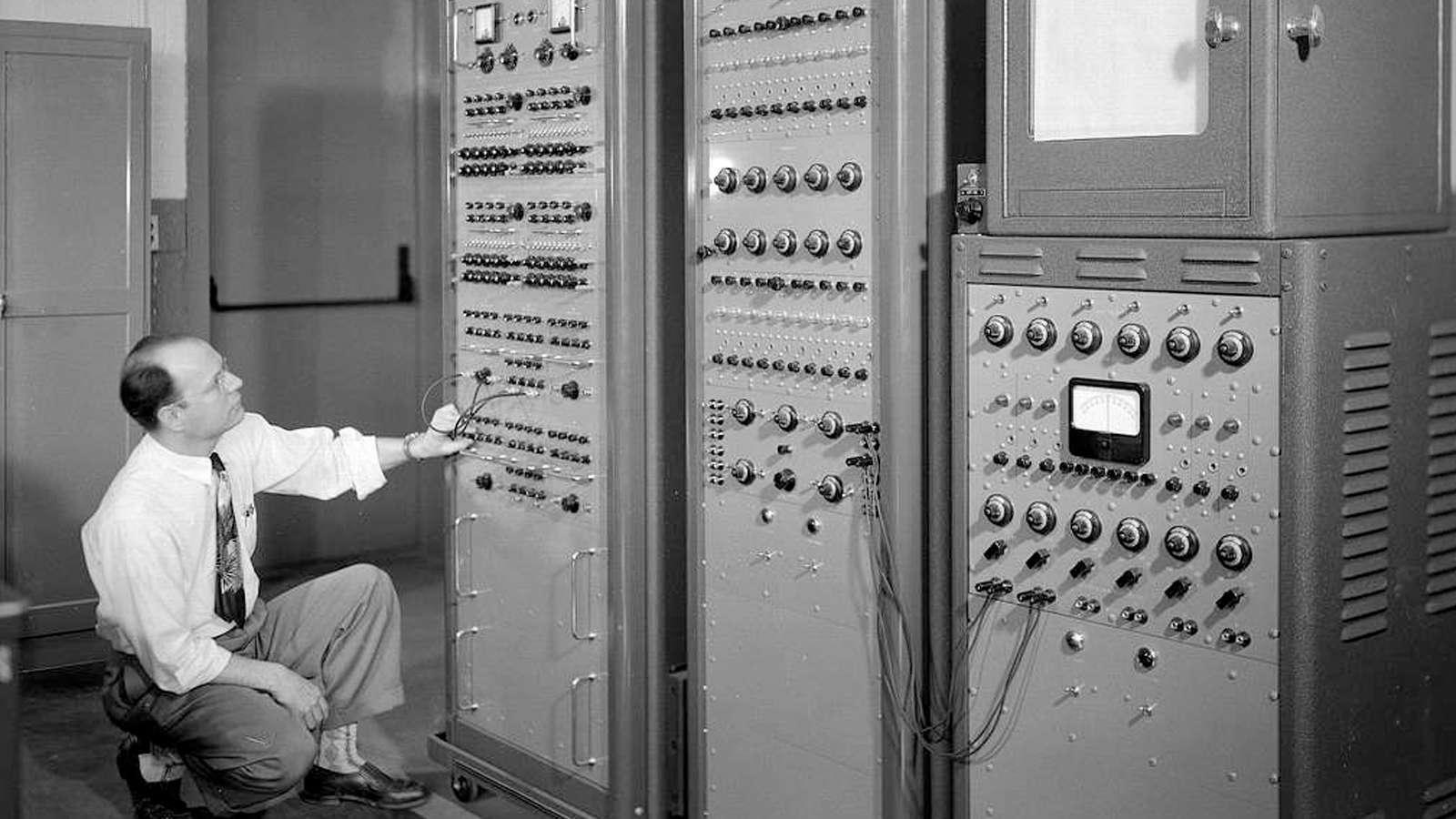Microsoft quantum supercomputer could be a reality within 10 years
 Defense Visual Information Distribution Service
Defense Visual Information Distribution ServiceA new report has indicated that Microsoft expects to have a fully functional quantum supercomputer built within the next ten years.
What was once sci-fi is now a very possible reality. Microsoft has set out a plan that could see the tech giant build its first quantum supercomputer.
Dubbed Azure Quantum, Microsoft plans involve “accelerating scientific discovery”. In the announcement blog, they compare what they’re doing to the Iron Age, where farming slowly became what it is today.
However, Microsoft isn’t just hopping ship from AI to quantum computing. The massive investment into OpenAI will help “scientists use natural language” as they navigate through things like chemistry.
This will be done through the newly introduced Copilot, which is now included with Windows 11. The GPT-powered AI has already been included in some form before this, as Microsoft integrated it into Office and Outlook.
Part of this plan is “Azure Quantum Elements”, which is a new system that should allow for faster development in multiple areas. One example given is being able to simulate chemistry experiments 500,000 times faster than before.
Microsoft roadmap details steps to quantum computing
 Microsoft
MicrosoftMicrosoft has even set out a roadmap, offering insight into how it intends to reach its quantum computing goals. A large part of it upgrading the current hardware that quantum computers use, with a particular part, qubits, needing to hit a reliable status.
A qubit is the quantum computing version of a regular computer bit. The ones Microsoft intends to use, Majorana qubits, are exceptionally difficult to make. However, last year, it appears that after a long time researching their development, Microsoft’s researchers made a breakthrough.
Speaking with TechCrunch, Krysta Svore, Microsoft’s VP of advanced quantum development said that the company expects to have its goals met in under 10 years. However, it sounds like a particularly difficult task.
Svore states that to hit a reliable status they’d need a quantum computer that could “perform those one million reliable quantum operations per second and a failure rate of one per trillion operations.”


